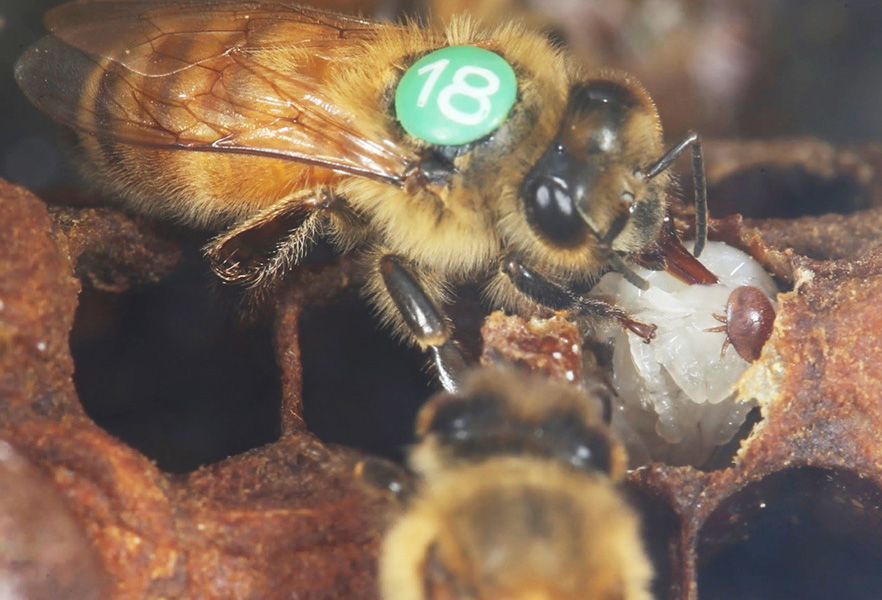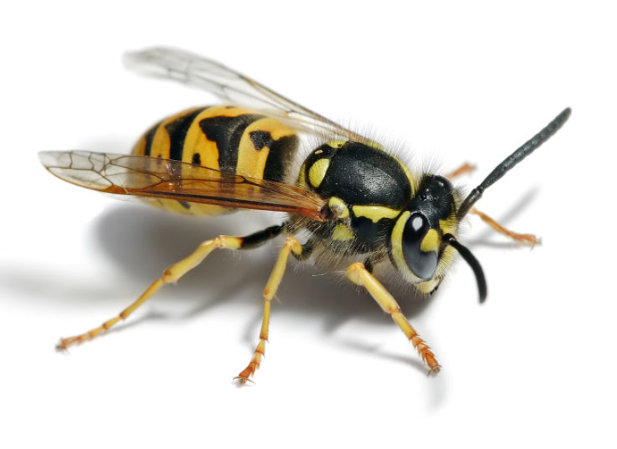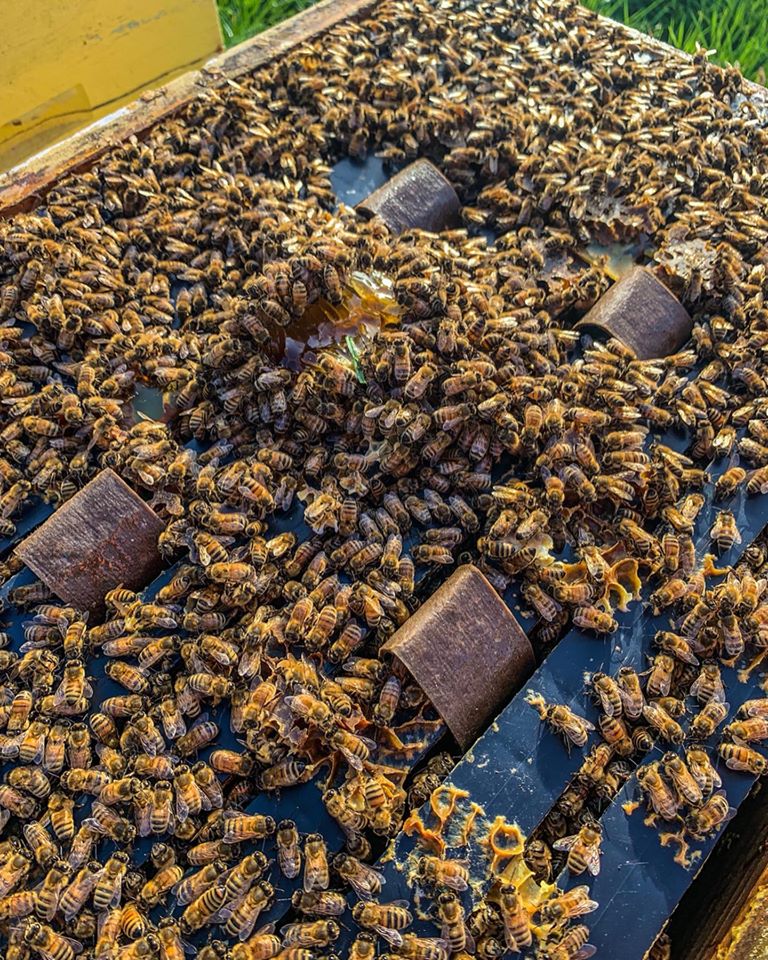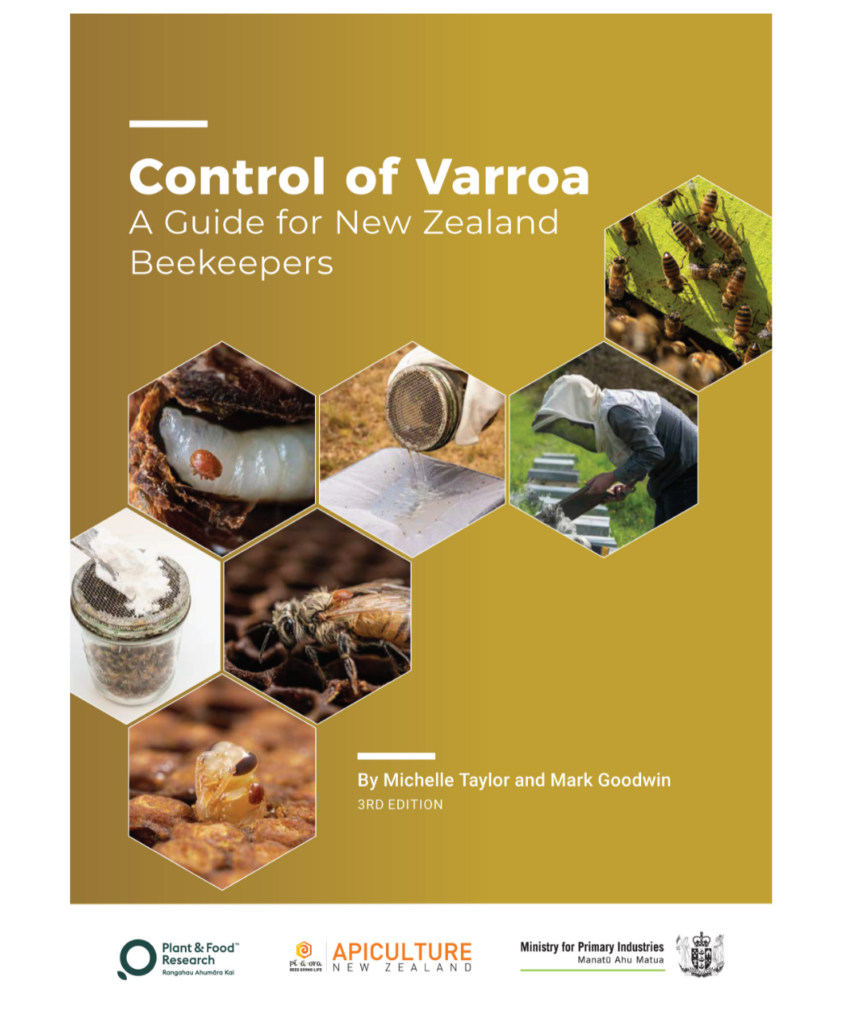
How can we develop Varroa Resistant bees?
Every now and again, a new idea comes forward to combat varroa. It is eagerly analysed for any chance of success because varroa doesn’t look like going away any time soon. Since its arrival in 2004, it has been a major part of New Zealand beekeeping challenges.
In 2014 Gary Jeffery, a West Coast beekeeper lost about 90% of his hives due to a severe varroa outbreak. Left with just 6 hives that survived, he bred from these and claimed that he had bees that were now stronger and able to resist varroa better. However, his announcement was treated with widespread skepticism.
Otago University research
Now we hear that University of Otago research reveals that the bee’s own sense of smell may give them a fighting chance against this parasite. Bees have 170 odour receptors, up to 40 times more sensitive than that of a human. This is how they tell which flowers have pollen and nectar.
The Otago University researchers have found (as our West-Coaster found) that some colonies show resistance to varroa. For these colonies, varroa infestation triggers a strong behaviour response in the bees known as varroa sensitive hygiene behaviour (VSH). Worker bees demonstrate VSH when they uncap infested brood cells and kill the developing bee. Afterwards, they remove all cell contents including the mites. Doing this interrupts the mite’s reproductive cycle.
Researcher Fanny Mondet from the National Institute of Agriculture in Avignon is currently working with the University of Otago and has identified six varroa-related compounds that trigger VSH behaviour. These compounds are found in varroa infested brood cells and their levels provide a reliable indicator of the numbers of juvenile mites present in the cells.
Obviously, there needs to be a lot more research. However, I believe that this could be a turning point in our ongoing fight to cope with this unwanted parasite.
https://www.otago.ac.nz/news/news/otago824263.html




